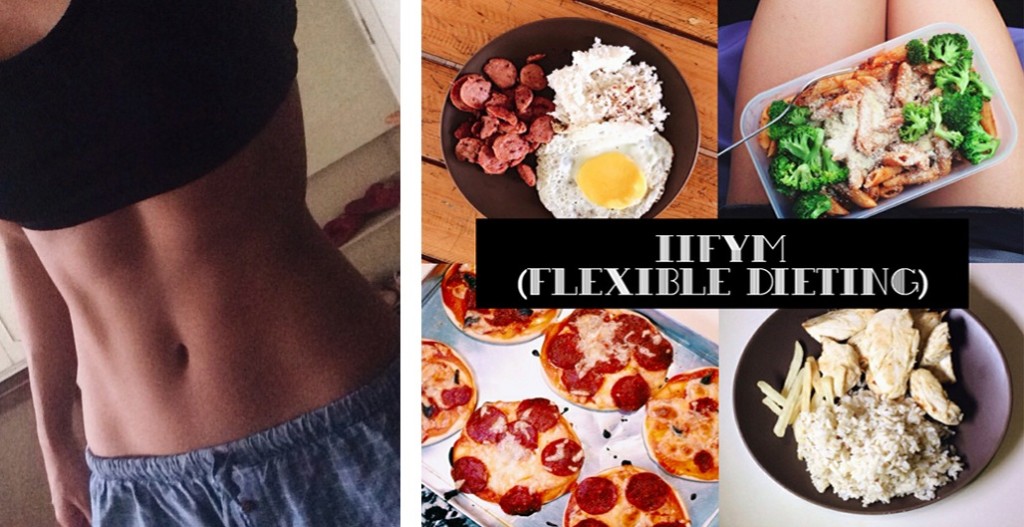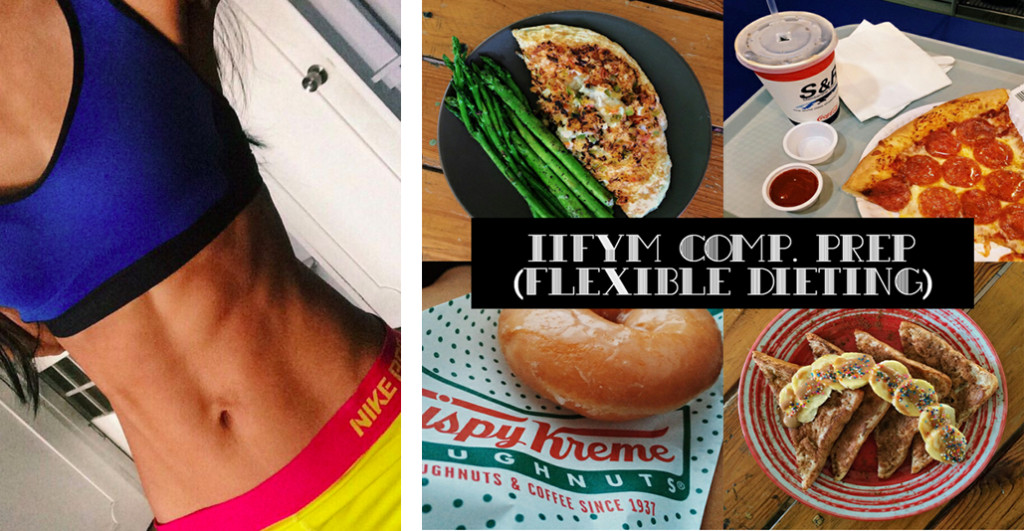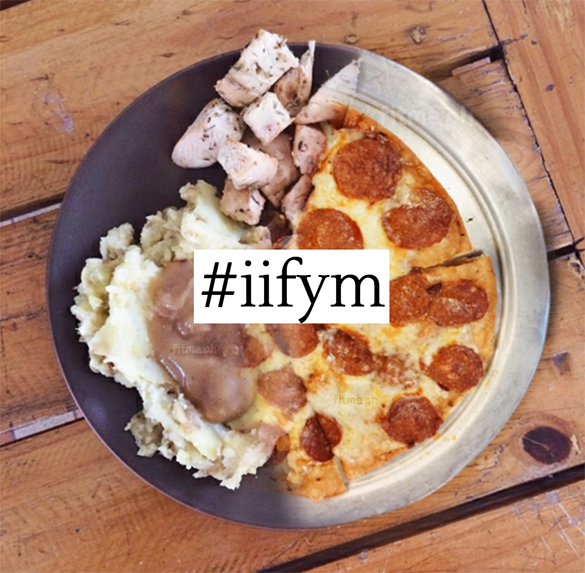In theory, people don’t react well to having their freedom restricted so they tend to rebel. According to research, people react to restrictions by wanting the restricted object/activity/person even more. “Masarap ang bawal,” and all that.
By imposing restrictions, one of three things happen:
- we feel anger or resentment towards the person who is restricting our freedom
- we rebel by asserting our freedom
- we want the restricted foods more and become fixated on it.
“…two-year-olds who are told not to play with a particular toy suddenly find that toy more appealing. […] Students who are told they have their choice of five posters, but then are told one of them is not available suddenly like that one more…”
~Social Psychology and Human Nature, Comprehensive Edition 2nd Edition by Roy F. Baumeister, Brad J. Bushman
What usually happens when people diet:
- You have a set date wherein you switch your “diet switch” to ON
- You psych yourself out and think, “I have to eat everything now because tomorrow, I start my healthy living clean eating no rice no sugar cardboard food diet.”
- You keep telling yourself over and over again that you’re on a diet, almost as if it were a punishment
- You dread the thought of a diet because it usually entails restricting delicious food, suffering from constant hunger, doing endless amounts of cardio, feeling miserable, etc.
So what happens when you go off your diet like when you go on vacation, have a “cheat day,” etc.
- You overeat because pretty soon you’ll be on your diet again
- Everything tastes 10x better so you start to eat foods that you wouldn’t normally eat
- You feel better mentally and physically once you’ve eaten more food, which further reinforces negative connotations about dieting
- You become fixated on the foods that you didn’t allow yourself to have
I know that feel 😆
Believe me, I do. I’ve been there doing low-carb, clean or no rice diets, and they have always failed me. Why? Because I don’t like telling myself no, I am especially sensitive to restriction when it comes to food. I love carbs, so naturally, a low-carb diet would drive me nuts… and it did! When I resorted to what was an extreme measure for me (going low-carb), I ended up setting myself back in the long run because I lost muscle due to not having enough energy to sustain my training. The end result was pretty much me reverting back to being skinny fat, which isn’t bad but it just wasn’t my goal. What little muscle that I had worked so hard to build, was lost. #LOSTGAINZ

In Comes Flexible Dieting/IIFYM
Why do we keep talking about flexible dieting/IIFYM on this blog? Because it’s worked so well for us. It won’t work well for everyone because there is still some degree of restriction by keeping to your prescribed calories/macros, but to us, it gives us just enough structure to make consistent progress without being too restrictive.

This was a VERY important phase for me because had I not gotten the hang of tracking macros then (2 years ago!), I wouldn’t have been able to compete last year. This is why we emphasize the long term over the short term.
Flexible dieting…
- Does not restrict any food groups meaning you can have anything in moderation, as long as it fits your macros (hence, If It Fits Your Macros/IIFYM)
- Gives you room to adjust your meals based on your daily activities (ie. Unplanned meetings, social gatherings, PMS, cravings)
- Gets rid of that “diet-on, diet-off” binary for the most part because it won’t feel like you’re on a traditional “diet” unless your macros are poverty
Who is it for?
I highly recommend giving flexible dieting/IIFYM a try if you’ve struggled with yoyo dieting before, or just have a hard time seeing the results you want due to the nutrition aspect of your program. Over the years, I’ve gotten so many messages from girls who have trained hard and stuck to a routine, only to be discouraged because they don’t know what to do with regards to what or how much to eat.

Please share this article if you found it helpful!
 FITME.PH Fitness + Lifestyle + IIFYM
FITME.PH Fitness + Lifestyle + IIFYM


